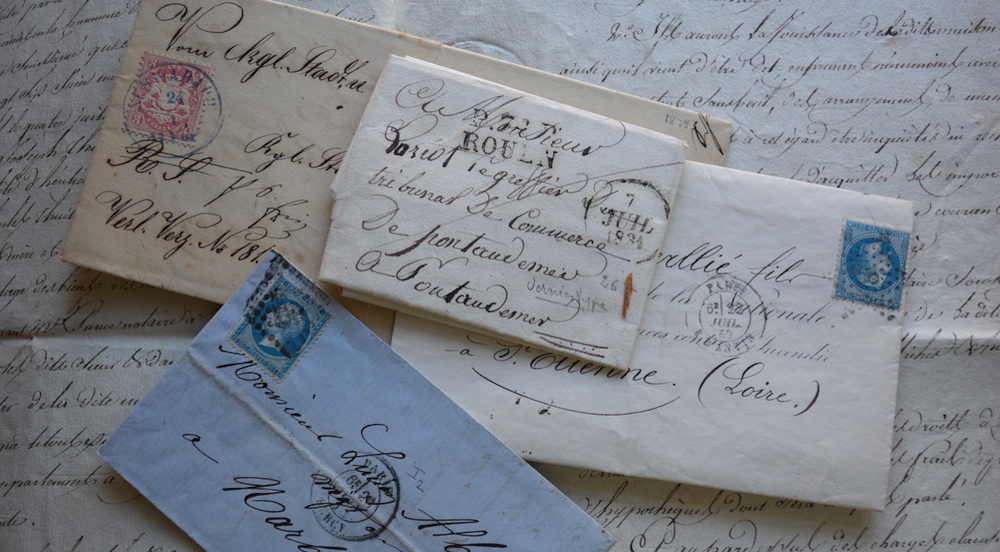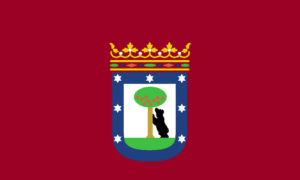(Editor’s note: This post about French customer service was previously published on The American in Paris blog. It’s reposted here with permission.)
It’s interesting that one or two specific events can stick out in our minds as indicative of an entire system. There are enough tales and tropes about French waiters and service in restaurants that I’m not going to address that genre of customer service here. Rather, I thought it’d be helpful to share some of my experiences of French customer service via the telephone, as I’ve had the joy of sorting through various appointments, banking mishaps and health care struggles.
Unlike my An American in Paris colleague Stephen Heiner’s post on French customer service, my experiences have not been nearly as rosy.
Be prepared

One of my most memorable customer service experiences was with assurance maladie. I’d called to check on the status of my carte vitale – my application had already been rejected twice for reasons unclear, and I wanted to confirm that it was finally being processed.
In order to verify my identity, they asked for the last four digits of my IBAN. This is not something I have as a handy .PDF on my computer, and it took me awhile to access my account. While I explained to the woman that I was in the process of finding the number, she coldly told me that she would hang up if I had to keep looking. I managed to keep her on the line, and we worked through my request despite her hostility.
Clearly in France, it’s the agent – not the customer – who’s always right.
Practice patience
The answer to many of my customer service questions has simply been to wait. After months of waiting, I’ve called assurance maladie about the status of my Complémentaire Santé Solidaire, or CSS, only to receive an update in the mail later that week. Generally speaking, it takes several months for the French government to do anything.
At the same time, follow up on important appointments. At my visa appointment in 2021, I was told I’d be convoked to sign a contract d’integration and never received that notice. When I was emailed about my titre de sejour being ready (in March) I mentioned this, and was immediately emailed a convocation. Although this all seems like it should be automated, my sense was that if I hadn’t said anything, I never would’ve received a summons, and I wouldn’t been French toast at my next visa appointment.
Your French will never be good enough
At one point I asked my French partner to call the office of immigration for me, and he succeeded in having a conversation (what a concept) with a secretary who had previously told me to send an email, then repeated this as the answer to every question I asked. She understood my French, and I was being polite, but somehow a native speaker got further. Or maybe Fred is just more charming than I.
Pick up the Phone (Or Your Pen)
As I will mention in an upcoming post about the DELF B2, in my four years since arriving in France, I’ve sent more official mail than in my entire American life. The technology of virtual chatting or even filling out customer service forms is still being implemented in France. In general, the easiest way to get an answer is to call.
Even with my fluent French, this usually means explaining myself multiple times and hacking my way to an answer. Often, this also means sending a letter –– it took six months of calls until I sent a letter to my phone company demanding they change the address on my bill. (An address change which I needed as proof of residence for my visa). And I’ve even had to send letters to get concert tickets refunded.
My advice when it comes to French customer service is also useful advice for the world at large: be polite, prepared, and persistent. It may take that (and more) to get what you want.

About the author:
Gracie Bialecki is a writer and literary coach who lives in Paris, France. She is the co-founder of the storytelling series Thirst, a poetry editor at Paris Lit Up, and the author of the novel “Purple Gold” (ANTIBOOKCLUB).
See more about France here in the Dispatches archive.
See more Paris posts here.
Gracie Bialecki is a writer and literary coach based in Paris, France. Her work has appeared in various publications, including Catapult and Epiphany Magazine where she was a monthly columnist. Bialecki is co-founder of Thirst, a gallery and storytelling series; a poetry editor at Paris Lit Up; and the author of the novel Purple Gold (ANTIBOOKCLUB).















